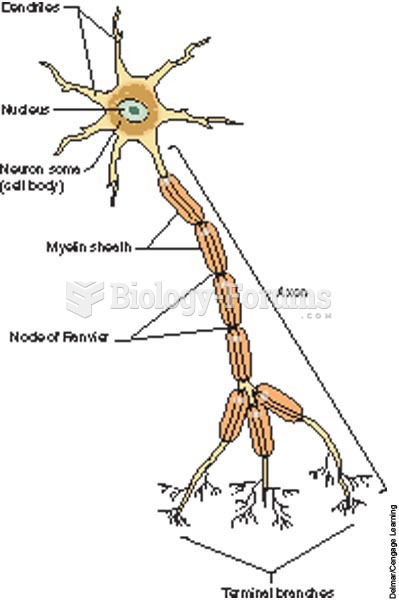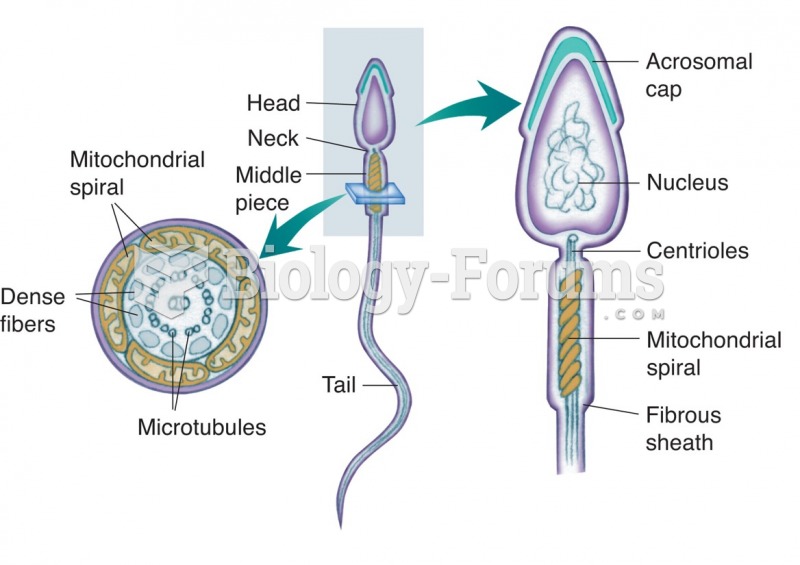Answer to Question 1
Answer:
A. County government structure
1. act as branch offices of state governments
2. county officials are elected locally
3. allows the community to decide how to allocate state resources
4. weak in terms of autonomy
a. no home rule charter or ability to pass ordinances
5. no single individual responsible for county's policy making personnel
6. counties boundaries permanent
7. needs are different according to size, location, population density
8. governed by a commissioners court
9. elected county officials serve four year terms
B. commissioners court
1. four commissioners with presiding judges
2. county divided into precincts
3. no judicial function, more a city manager
4. appoints key administrators and personnel
5. sets county tax rates
6. adopts county budget
7. awards contracts for construction, repair and maintenance
8. medical care for the indigent
9. do not have oversight on how funds are used by other elected officials
C. sheriff
1. elected to provide law enforcement services
2. peace officer
3. enforces criminal laws of the state
4. responsible for bail bonds, civil process and security of the courts
D. constable
1. same training as sheriff deputy or state trooper
2. work with justice of the peace courts
3. serve subpoenas and notices
4. carry out evictions
5. performing other civil and criminal tasks
6. can monitor traffic and serve warrants
E. district or county attorney
1. county's legal officer and advisor
2. provides legal services for county agencies
3. represents county in legal proceedings
4. commissioners court can allow initiation of lawsuits against
governmental agencies or private entities
5. has impact on safety and quality of life
F. district clerk
1. official custodian of county records
2. filings and proceedings for district and county courts
3. registrar, recorder and custodian of criminal, juvenile, family court and civil actions
G. county clerk
1. maintains county legal records and vital statistics
2. records courts minutes and certifies candidates
H. tax assessor/collector
1. identify taxable property
2. collects taxes that is due to the state and county
3. collects registration fees for and issues titles for motor vehicles
4. registers voters
I. treasurer
1. county's official bookkeeper
2. tracks collections and expenditures
3. input in budget
4. county auditor can be appointed to this position
Answer to Question 2
Answer:
A. Sources of revenue for city, county and special districts
1. property taxes
a. tax rates determined by city governments
1. use Texas constitution, city policy, needs of community
b. use ad valorem structure: property taxed according to value
1. determined by county property assessment office
2. affects everyone who pays for housing
2. sales tax rebate
a. businesses and services collect state sales tax and forward to state comptroller of public accounts
b. receive rebate check that amounts to taxable product collected
3. franchise tax
a. paid by utility companies that place lines or wires in city limit
b. percentage of total sales collected
4. city sales tax
a. 1 percent sales tax and city gets rebate
5. user fees
a. admittance fees to government-owned facilities
b. comprise 30 percent of revenue
6. court fees and fines collected by municipal courts
7. permit fees collected by city hall
8. special taxes to fund specific projects or services
a. library taxes, stadium taxes, economic development tax
b. voters must approve these taxes
9. municipal bonds: help for major expenditures and capital improvements
a. general obligation bonds: money for improvements to city-owned buildings
b. revenue bonds: money for building revenue generating facilities







